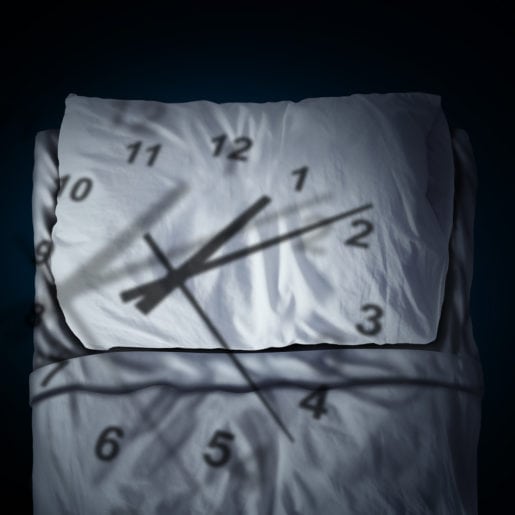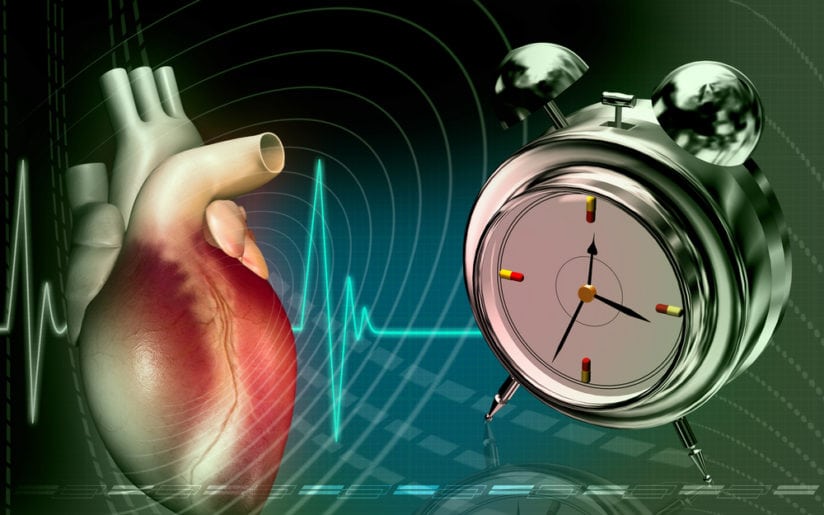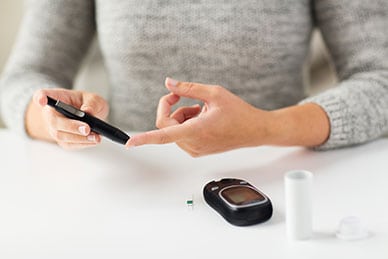Electronic devices have allowed us to be more connected, yet more detached. Smartphones, tablets and other devices give us access to information, social media and email 24 hours a day. While this should make it easier to manage our lives and maintain meaningful connections, it appears to actually be hindering us in these areas. New research suggests that taking a periodic digital detox may be the answer.
The Downside of the Digital Life
There is no question about it: Most modern people depend on their digital devices. We stay connected to friends and family on Facebook, collaborate on work projects online, and entertain ourselves with Netflix or ebooks. There are benefits to having this constant access: We can handle work emergencies with a few swipes on the phone and be reached in seconds should an emergency occur.
However, there are downsides to this arrangement as well. Many people are invisibly chained to their devices. The blue light from electronic devices is now known to disrupt the circadian rhythm and delay sleep onset. Smartphone use has been linked to the steady rise in sleep disorders, which now affect almost half of American adults. Constantly using devices makes us less empathetic and hinders our ability to communicate effectively. It may even increase narcissism. Researchers have identified that constant technology use can cause mild attention deficits and a lack of critical thinking, a condition dubbed “monkey brain syndrome.” It seems that constant access to technology may be a threat to both public and individual health. What is the answer?
What Happens When We Unplug?
 New research suggests that unplugging from technology may be good for our physical, emotional and social health. In a recent study, researchers took a group of people to Morocco. They spent the first night socializing in a hotel with full access to their devices. After this, they were taken to the desert and stripped of their digital access. The results were surprising. Not only did these research subjects build deeper friendships and have higher-quality interactions, but they also had better posture, felt more rested despite the same amount of sleep and were able to develop more creative solutions to their problems.
New research suggests that unplugging from technology may be good for our physical, emotional and social health. In a recent study, researchers took a group of people to Morocco. They spent the first night socializing in a hotel with full access to their devices. After this, they were taken to the desert and stripped of their digital access. The results were surprising. Not only did these research subjects build deeper friendships and have higher-quality interactions, but they also had better posture, felt more rested despite the same amount of sleep and were able to develop more creative solutions to their problems.
Is it time for Americans and Europeans to throw away their smartphones and devices? Unfortunately, this is not possible in the modern world. However, taking a few device-free days occasionally, known informally as a “digital detox,” may be beneficial. Being online regularly throughout the day and night actually depletes nutrient stores in critical areas of our brains. It only takes a few days to rebuild these stores and undo the damage of constant screen use.
Options for Digital Detox
Modern people do not need to attend an expensive digital detox retreat to unplug for a few days. If you want to give your mind a rest from the online rat race, plan for a weekend offline. Notify coworkers, friends, and family ahead of time that you will not be reachable for a set time period and plan a few days of relaxation and fun. At the end of the detox, experts recommend that you give serious consideration to how you re-enter the digital world. Can you cut back on the amount of time you spend on devices? Which apps improve your life and which make it more stressful? Once you have traded your “monkey brain” for a more human one, it will be easier to critically analyze how media affects your existence.
There is no question about it: Modern life demands that most people have a certain amount of screen time and digital access. However, we can use these things in moderation rather than letting them rule our lives and cause neurological disruption. Putting phones and other devices away for a few days may be just what the doctor ordered. Modern technology is supposed to make our lives easier rather than more difficult.
 Evidence suggests that not only does diet affect sleep duration, but that sleep can affect diet as well.
Evidence suggests that not only does diet affect sleep duration, but that sleep can affect diet as well.  While blue light is present in sunlight,
While blue light is present in sunlight,  Society has classically viewed night owls as lazy. These people struggle to get up and off to work or school early in the morning and are often not on the job during their most productive hours of the day. This may make them appear lazier, when in fact they are suffering from a phenomenon known as
Society has classically viewed night owls as lazy. These people struggle to get up and off to work or school early in the morning and are often not on the job during their most productive hours of the day. This may make them appear lazier, when in fact they are suffering from a phenomenon known as  What, exactly, happens when people are forced to live out of sync with their chronotype? As
What, exactly, happens when people are forced to live out of sync with their chronotype? As  What does this mean for human health? First, caffeine may be used in the future to modify the activity of circadian clocks. This could help in the treatment of
What does this mean for human health? First, caffeine may be used in the future to modify the activity of circadian clocks. This could help in the treatment of  Type 2 diabetes has been assumed to have a genetic component because it tends to run in families. Even when lifestyle factors are taken out of the equation, some people are simply at higher risk. Lifestyle factors also play an important role, but the influence of genes cannot be discounted. Some people are genetically primed to develop insulin resistance and other diseases of glucose metabolism.
Type 2 diabetes has been assumed to have a genetic component because it tends to run in families. Even when lifestyle factors are taken out of the equation, some people are simply at higher risk. Lifestyle factors also play an important role, but the influence of genes cannot be discounted. Some people are genetically primed to develop insulin resistance and other diseases of glucose metabolism.